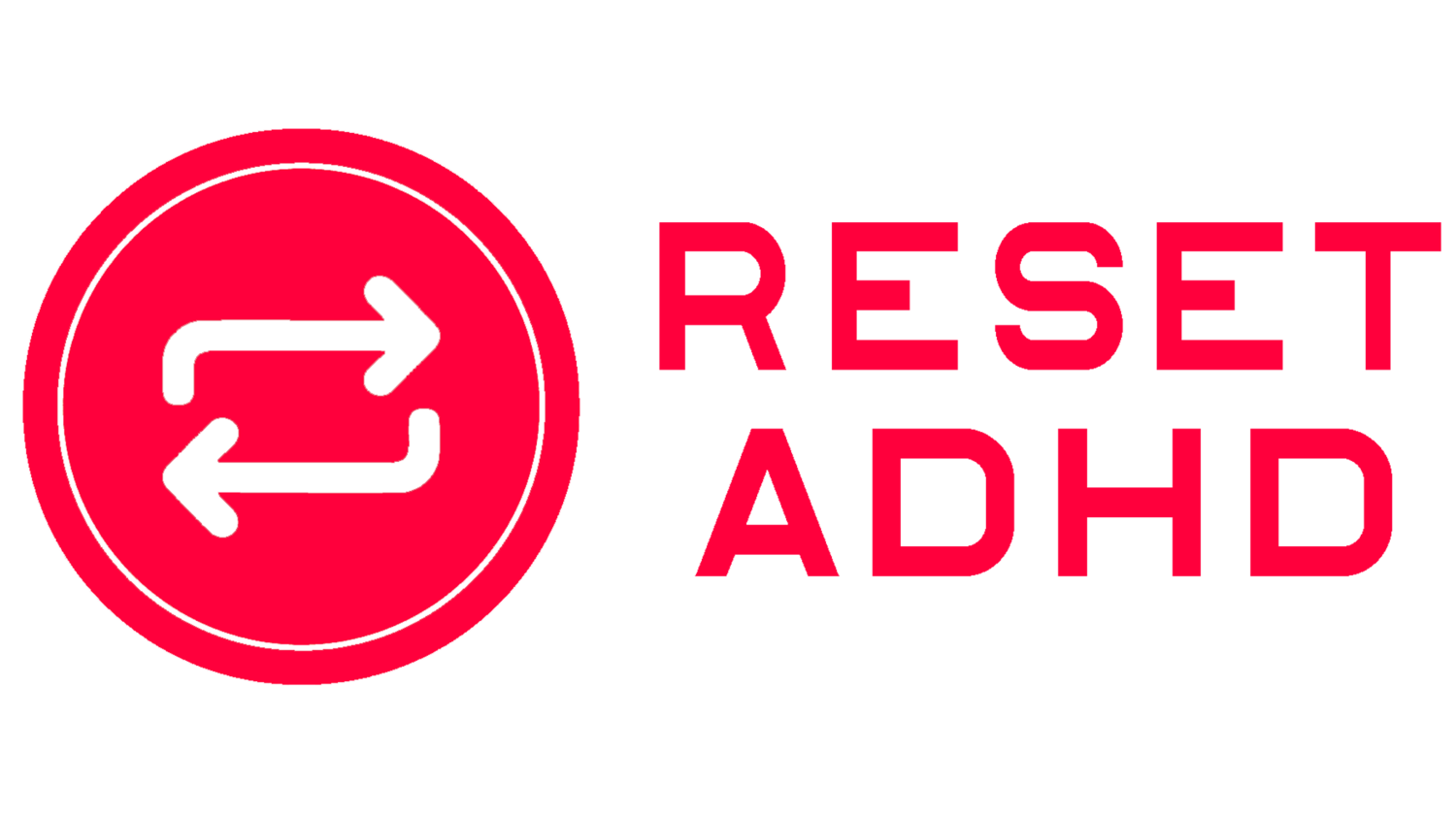Managing ADHD and Depression
Depression commonly occurs alongside ADHD. According to Kessler et al (2017), Bipolar disorders affect 19.4% of adults with ADHD, and major depressive disorder affects 18.6% of adults with ADHD. Among children, 6-30% of ADHD patients have major depression (Masi and Gignac 2015). These alarming co-occurrence rates necessitate a conversation on managing both ADHD and depression.
Exercise
Exercise is just as important for the brain as it is for the body. It encourages the production of dopamine (influences the brain’s reward and pleasure centers), norepinephrine (plays a huge role in attention and focus), and serotonin (can reduce depression and anxiety), three chemicals the brain needs. Moreover, exercise has been found to increase endorphins. Endorphins reduce pain and increase pleasure. In short, you want endorphins. So if you want your brain to be working at maximum efficiency, have a regular exercise routine.
If you find exercise boring, Reset ADHD has several blog posts about making exercise fun.
Have an Emotional Support Team
I cannot emphasize enough how important it is to have an emotional support system. There can be as many or as few people on this team as you would like. Essentially, it is a group of people who love and support you. This could be family, friends, co-workers, healthcare professionals, or anyone else who is there to support you.
Get a Psychiatrist
A psychiatrist is helpful in getting the right medication(s). Medication can be useful in the treatment of both ADHD and depression. However, medication alone will not solve all of your challenges. Other supports will be needed.
Get a Therapist
A therapist is useful for managing one’s emotions, something that is an issue for both ADHD and depression. ADHD causes emotional dysregulation, and depression is a mood disorder. A therapist is good at getting your thoughts out of your head. Having thoughts stuck swirling around one’s head is a recipe for trouble.
Consider Getting an ADHD Coach
An ADHD coach can be another powerful member of your ADHD support team. While they may not be able to help you with depression, they can help you manage your ADHD so your other members of your team can help you with depression. If you are curious about coaching, Reset ADHD has many blogs on the topic. Furthermore, Reset ADHD offers coaching. Now might be an excellent time to explore if coaching is right for you.
Like This Blog Post? Click Here to support the blog!
THAT’S ALL FOR THIS WEEK. BE SURE TO SIGN UP FOR THE WEEKLY RESET EMAIL LIST! SCROLL DOWN TO THE BOTTOM OF THIS PAGE (OR ANY PAGE ON THIS WEBSITE), AND SIGN UP TO RECEIVE THE WEEKLY RESET IN YOUR EMAIL INBOX
Sources
Kessler, R. C., Adler, L., Barkley, R., Biederman, J., Conners, C. K., Demler, O., . . . Zaslavsky, A. M. (2006). The Prevalence and Correlates of Adult ADHD in the United States: Results from the National Comorbidity Survey Replication. American Journal of Psychiatry, 163(4), 716-723. doi:10.1176/ajp.2006.163.4.716
Masi, L., & Gignac, M. (2015). ADHD and Comorbid Disorders in Childhood Psychiatric Problems, Medical Problems, Learning Disorders and Developmental Coordination Disorder. Clinical Psychiatry, 1(1). doi:10.21767/2471-9854.100005
